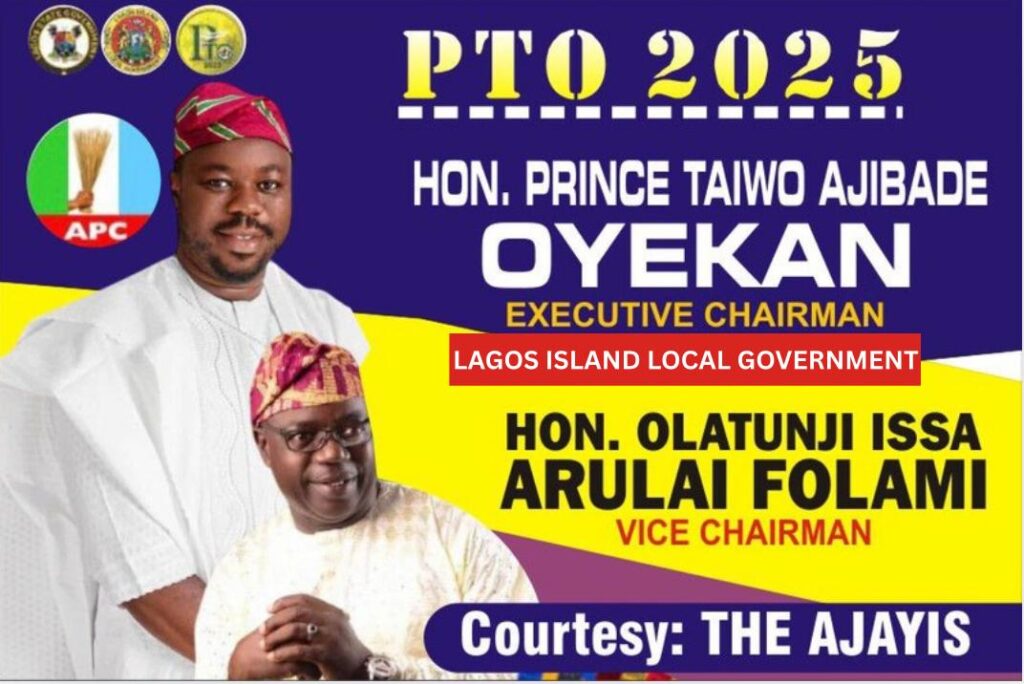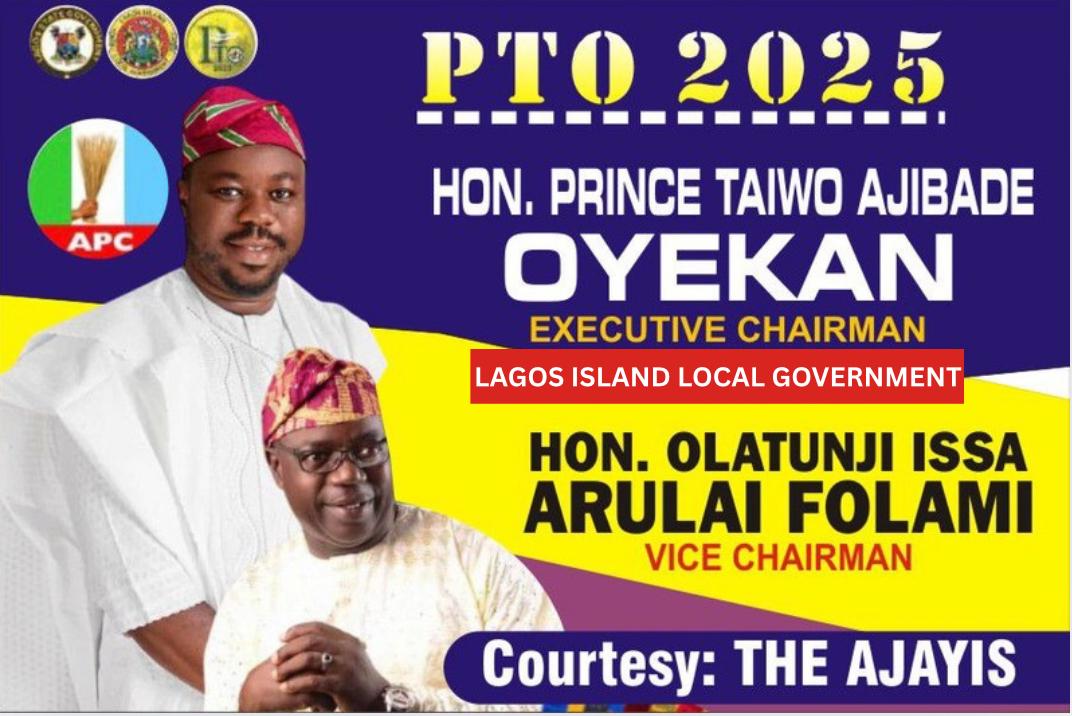Every morning, Lagos Island awakens with a rhythm—one that lives in the calls of traders setting up stalls, in the hum of Keke riders navigating the city’s veins, and in the quiet prayers whispered by elders before sunrise. It is a rhythm Prince Taiwo Ajibade Oyekan knows by heart.
Though born into royalty, he was never shielded from the street. As a child, he walked the bustling lanes of Idumota and Balogun with his peers—not above them, but among them. “Royal blood,” some whispered. “But na our padi,” others said. That was Taiwo—equal parts prince and people.
Even as he stood in the palace’s marble corridors, he always kept one foot on the street. That balance would later define his leadership.
In one moment, he’s addressing market women in Yoruba, laughing over age-old proverbs. In the next, he’s consulting tech-savvy youth about digital innovation hubs. The crown taught him tradition; the street taught him survival.
There’s a power in walking both worlds. While some see only the throne or the title, Taiwo sees faces—those of mothers selling bread to feed their families, boys hawking sachet water in traffic, girls dreaming of scholarships they can barely afford. These are the people behind his manifesto.
He often says, “A leader must be able to kneel in a mechanic’s shop and also sit at the Oba’s roundtable. That is how you understand what truly matters.”
He isn’t campaigning for clout. He is campaigning for connection. In street corners and palace gatherings, he speaks of the same dreams: dignity, development, and unity.
And so, the people of Lagos Island watch him closely—not because he wears a crown, but because he listens, walks, and works as though he never had one.
To be continued in Series III: “Bridges and Blueprints”




Leave a Reply